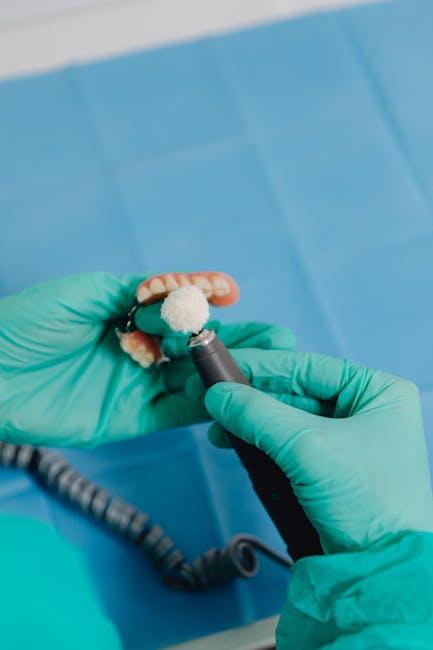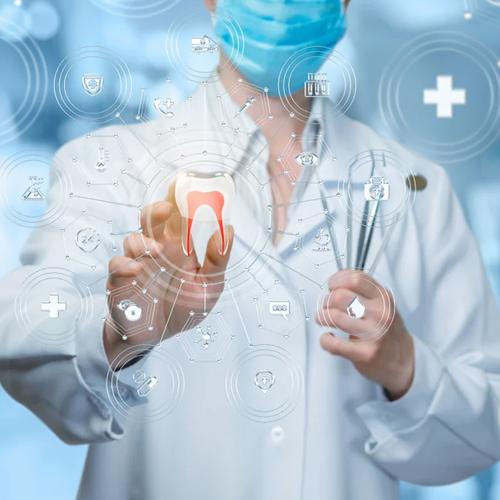
Prosthodontist Warns Brushing Your Teeth Too Hard or Overbrushing Can Be Dangerous and Do More Harm Than Good
Brushing your teeth is an essential part of daily oral hygiene, but what if your well-intentioned efforts are actually damaging your teeth and gums? According to leading prosthodontists, brushing too hard or overbrushing can cause serious dental issues rather than preventing them. In this article, we explore why aggressive brushing is harmful, the risks involved, and how you can adopt safer brushing habits to maintain a healthy smile.
Why Can Brushing Teeth Too Hard Be Dangerous?
Many people believe the harder they brush, the cleaner their teeth will be. Unfortunately, this misconception can backfire. Overbrushing or applying excessive pressure while brushing can lead to enamel erosion, gum recession, and tooth sensitivity — conditions that no one wants to experience.
Common Dental Problems Caused by Overbrushing
- Enamel Wear: Excessive brushing can wear away the enamel, the hard outer surface that protects your teeth.
- Gum Recession: Brushing too hard causes gums to pull away from the teeth, exposing roots and increasing sensitivity.
- Tooth Sensitivity: Exposed dentin from enamel loss results in pain or discomfort, especially with hot, cold, or sweet stimuli.
- Increased Risk of Cavities: Weakened enamel and exposed roots are more susceptible to decay.
- Bleeding and Irritated Gums: Aggressive brushing traumatizes gum tissue, leading to inflammation and bleeding.
Understanding Proper Brushing Techniques
It’s not just about how often you brush, but how you brush. The key is to follow gentler, more effective techniques to prevent damage to teeth and gums.
Prosthodontist-Recommended Brushing Guidelines
- Use a Soft-Bristled Toothbrush: Medium or hard bristles increase the chance of damage.
- Apply Gentle Pressure: Hold the toothbrush with just enough pressure to feel the bristles on your gums and teeth without causing discomfort.
- Brush for 2 Minutes Twice Daily: More frequent or longer brushing times can increase wear.
- Use Fluoride Toothpaste: Helps strengthen enamel and prevent cavities.
- Employ Proper Brushing Motions: Use small circular or gentle back-and-forth strokes rather than aggressive scrubbing.
- Replace Your Toothbrush Every 3 Months: Worn-out bristles can be less effective and harsher on your gums.
The Dangers of Overbrushing: A Closer Look
Below is a quick comparison of gentle vs. aggressive brushing to illustrate the impact on your teeth and gums.
| Brushing Habit | Effect on Teeth & Gums | Long-term Risks |
|---|---|---|
| Gentle Brushing | Cleans plaque effectively without damage | Healthy gums, strong enamel, reduced sensitivity |
| Brushing Too Hard/Overbrushing | Wears enamel, irritates gums, causes bleeding | Tooth sensitivity, gum recession, increased cavity risk |
Benefits of Proper Brushing Habits
Adopting the right brushing techniques brings multiple benefits beyond just clean teeth:
- Preserved Tooth Enamel: Helps maintain strength and resistance to decay.
- Healthy Gums: Reduces gum disease risk, avoiding inflammation and receding gums.
- Improved Freshness and Confidence: Clean teeth contribute to better breath and a confident smile.
- Lower Dental Expenses: Preventive care reduces costly interventions caused by overbrushing damage.
Practical Tips to Avoid Overbrushing
Want to avoid the common mistake of brushing too hard? Try these practical tips:
- Use a Powered Toothbrush with Pressure Sensors: Many electric toothbrushes alert you if you apply too much force.
- Hold Your Toothbrush Lightly: Use a pen-like grip to naturally limit pressure.
- Choose a Soft or Extra-Soft Brush Head: Ideal for gentle yet effective cleaning.
- Ask Your Dentist or Prosthodontist for Advice: Personalized guidance can improve your brushing routine.
- Be Mindful of Brushing Time: Setting a timer can ensure you brush long enough without going overboard.
Case Study: Overbrushing Leading to Gum Recession
Recently, a 35-year-old patient visited a prosthodontist complaining of sharp tooth sensitivity and bleeding gums. After thorough examination, it was clear that aggressive brushing habits over several years had caused gum recession and enamel erosion. The prosthodontist recommended switching to a soft-bristled toothbrush, adopting gentle circular brushing techniques, and using desensitizing toothpaste. Within three months, the patient reported reduced sensitivity and healthier gums.
First-Hand Experience: How I Learned to Brush Smarter
Many people experience similar issues without realizing the cause is their own brushing technique. One patient shared, “I thought brushing harder meant cleaner teeth, but after feeling persistent sensitivity and gum pain, I consulted my dentist. Changing my brushing style and tools transformed my dental health completely.”
Conclusion: Brushing Smarter, Not Harder
Proper oral hygiene requires the right balance of care, and brushing your teeth too hard or overbrushing can be detrimental rather than helpful. Trust the advice of prosthodontists and dental health professionals to guide your routine. Opt for soft brushes, gentle pressure, and effective techniques to keep your teeth and gums healthy for years to come. Remember, when it comes to brushing, less force and more mindfulness equals a brighter smile and stronger oral health.
Stay informed, brush wisely, and protect your precious smile!


